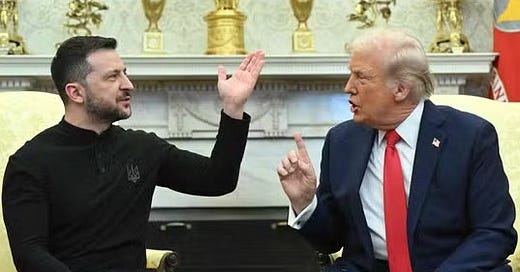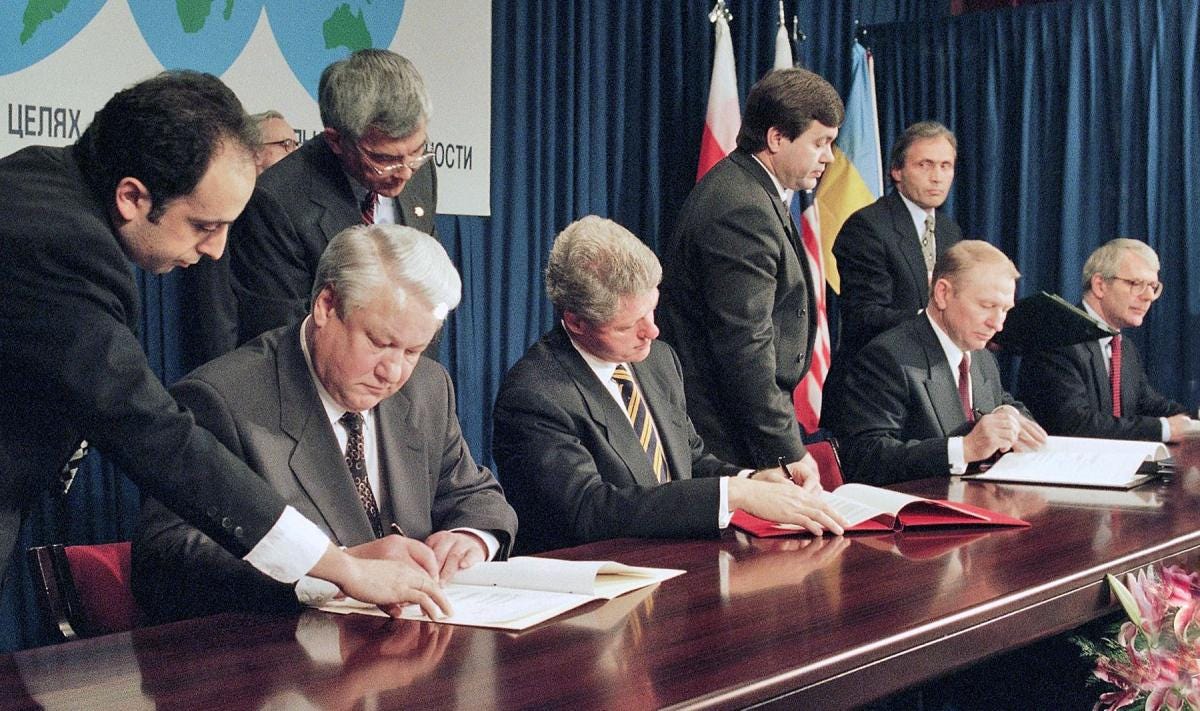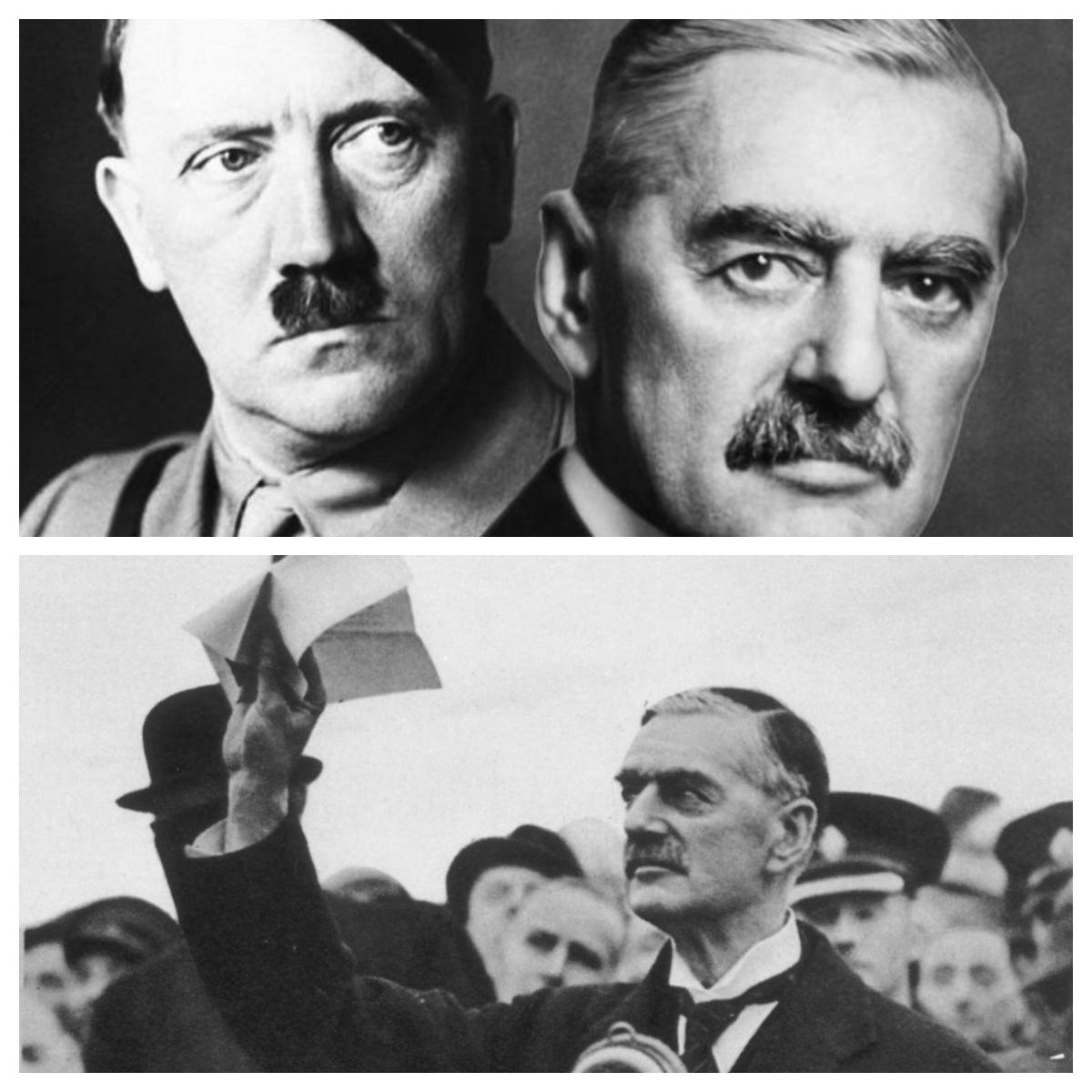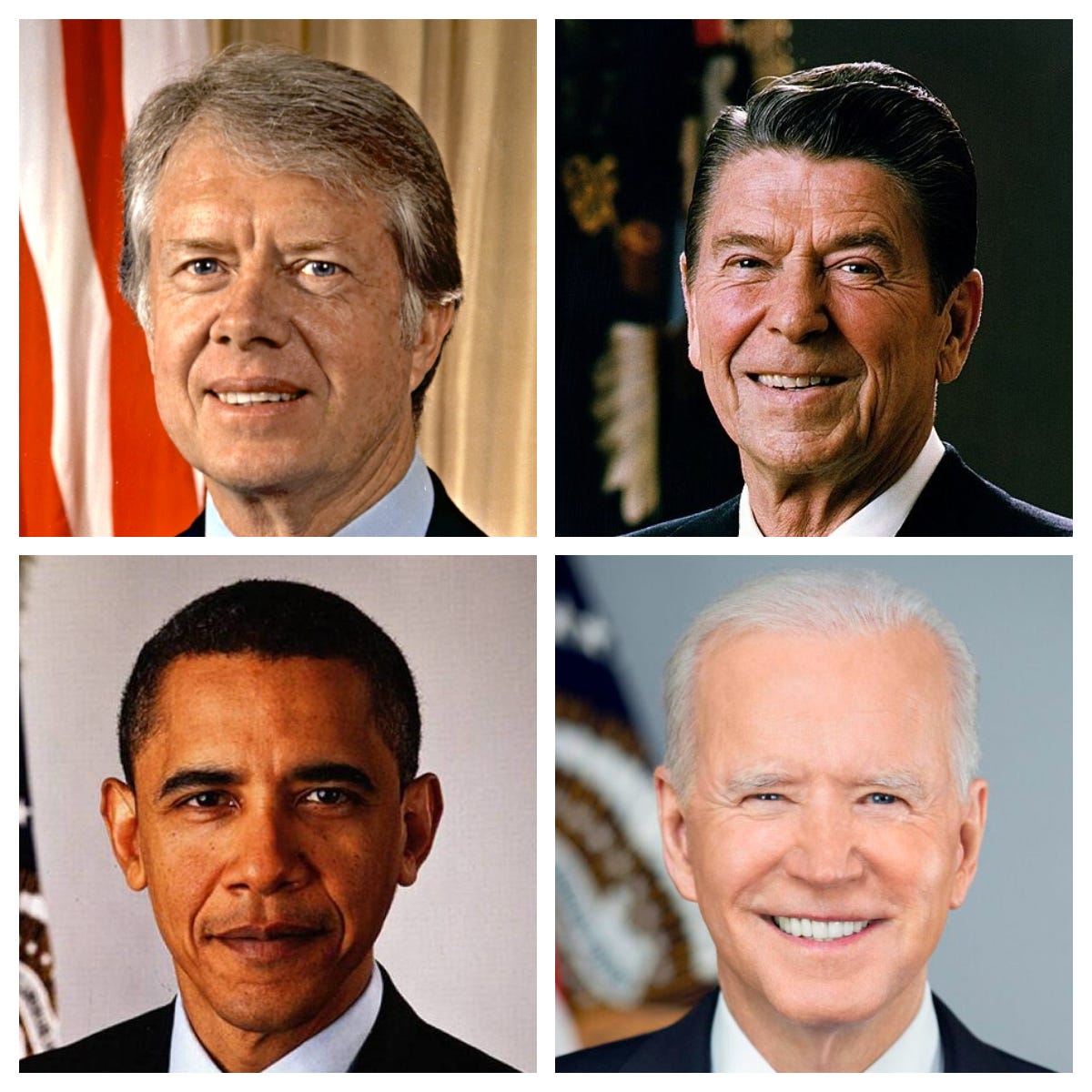On 27 January 2022, a month before Russia invaded Ukraine on 24 February 2022, I published an article in the Canada Free Press in which I wrote, “The threat of a Russian invasion of Ukraine needs to be viewed from the historical perspective.” Because President Joe Biden and his woke military leaders, characterized by their DEI recruiting videos, projected weakness, I argued that “Putin might feel he can bully the Ukrainians into submission without intervention on the part of the United States or other European countries.” Now, three years after the war began, I find that my earlier assessment was on target.
From the “historical perspective,” I would like to encourage Ukrainian, American, Russian, and other political and military leaders from NATO countries to consider historical facts surrounding Poland and World War II. Poland, having been partitioned between Russia, Prussia, and Austria, ceased to exist as a sovereign state between 1795 and 1918. Following the “resurrection” of Poland at the end of World War I, the Poles entered into a military alliance with the French as early as 1921 and with the British in 1939 for mutual assistance in case of a military invasion by the Germans.
Just as the Poles were led to believe that the French and the British would intervene if they were attacked, so too did the Ukrainians believe that the British and the Americans would defend them in keeping with the 1994 Budapest Memorandum. According to this memorandum, Ukrainian president Leonid Kuchma relinquished his country’s nuclear arsenal in exchange for assurances from Russian president Boris Yeltsin, U.S. president Bill Clinton, and the then British prime minister John Major, that Ukraine’s sovereignty and territorial integrity would be guaranteed.
There are two very important lessons President Volodymyr Zelensky needs to learn. One, getting leaders to affix their names to alliances and memorandums does not guarantee that those agreements will always be honored. When Neville Chamberlain returned to England in September 1938 after having met with Adolf Hitler in Munich, he waved a signed agreement to a cheering crowd at Heston Airport, declaring "peace for our time." Despite that agreement, Hitler, perceiving Chamberlain to be a weak leader, annexed Czechoslovakia before invading Poland on September 1, 1939.
When the Germans invaded Poland, the war might have been over early had the French and the British, by honoring their military alliances with Poland, not only declared war, but initiated an attack on Germany’s western border. Such an invasion would have forced Germany to cease its attack on Poland, reposition its troops, and defend its homeland. However, Hitler, perceiving French President Albert Lebrun as a weak leader like Chamberlain, gambled that they would allow Poland to fall while maintaining a defensive posture behind the Maginot Line.
That brings us to our second lesson. More important than signed agreements, the potential for war is always higher if a country or leader is perceived to be weak. The Iranians attacked the U.S. Embassy in Tehran and took 53 Americans hostage during the presidency of Jimmy Carter. When Ronald Reagan was running for president, he promised to bring the hostages home if he were elected, even if it meant going to war with Iran. Because the Iranians did not perceive Reagan to be a weak leader like Carter, the hostages, after 444 days in captivity, were released on January 20, 1981, the day Reagan was inaugurated as the 40th president of the United States.
When Putin invaded the Crimean Peninsula and then annexed it in 2014, it was during the presidency of President Barack Obama whom Putin gambled would react the same way Chamberlain reacted when Hitler demanded the annexation of the Sudetenland. Just as Chamberlain and Lebun did not defend Poland in September of 1939, neither did the United States nor Great Britain come to the aid of Ukraine in 2014 despite having promised to guarantee Ukraine’s sovereignty and territorial integrity in exchange for relinquishing its nuclear weapons.
It appears that Putin perceived President Donald Trump to be more akin to Reagan than Carter or Obama and did not attempt any territorial expansions during Trump’s first term in office. His invasion of Ukraine on 24 February 2022 could very well have been fueled by his perception of President Joe Biden as a weak leader.
Like a teenager who was spoiled by a single mom only later to find himself disciplined by a new step-father, Zelensky cannot behave with Trump the way he was able to act with Biden. Was it too much to expect Zelensky to be professionally dressed for the White House meeting and to sign a mineral deal as payback for billions of dollars in U.S. aid? Are some people benefiting financially from the war in which nearly $300 billion has been spent, more than 150,000 lives have been lost, and over 10 million people have been displaced? Should the Department of Government Efficiency (DOGE) or the Government Accounting Office (GAO) investigate allegations of widespread fraud and money laundering involving military and humanitarian aid to Ukraine? Is there truth to reports that U.S. weapons sent to Ukraine are being sold on the black market, with some ending up in the hands of enemies of the U.S.? Is it in the best interest of Ukraine for Zelensky to prolong the war where there are often no real “winners?” Might having the support of President Trump be worth more than signed military assurances that could be no more effective in deterring aggression than the Munich Agreement or the Budapest Memorandum? If it took the involvement of the U.S. to liberate Europe from Hitler, can NATO really prevent future territorial expansion on the part of the Russian Federation without the support of the U.S.? These are critical questions Zelensky and the leaders of NATO countries need to ask.
This Substack column is free. If you find it informative, please recommend it to others and consider supporting it by contributing to the “Save Our Seminarians” Fund.
Eugeniusz Gomułka is the second cousin of Władisław Gomułka who was the de facto leader of post-war Poland from 1956 to 1970. He is a sexual abuse victims’ advocate, investigative reporter, and screenwriter. A former Navy (O6) Captain/Chaplain, seminary instructor, and diocesan respect life director, Gomulka was ordained a priest for the Altoona-Johnstown diocese and later made a Prelate of Honor (Monsignor) by St. John Paul II. Email him at msgr.investigations@gmail.com.









Some entity was responsible for drone controlling Biden for four demented years. It is entirely possible this same entity is controlling Trump's four going limp years (note he has history of reality acting and kayfabe as well as history of being bailed out of bankruptcy). Kayfabulous was the word that struck me about the parley between the p***ygrabbing president and the p***s piano playing president.
The connection between WWII and this present conflict is apt, but not in the way you think. At the Treaty of Versailles, the Allies took Germany and absolutely destroyed it, taking lands that were "ancient" German lands and placing them in other countries. This was done out of pure spite. The German industrial powerhouse, Danzig was encircled by Poland. The Polish government, supported by London and France, was encouraged in their persecution of ethnic Germans in these ancestral German lands. Hitler petitioned Poland to stop this treatment of Germans. They were told by the British Parliament to continue. Hitler did not hide his intentions. London either a) didn't think he'd invade, or b) didn't think his force would be that strong. Estimates vary, but the Polish government killed between 10k and 50k Germans who were technically their citizens.
Ukraine is an artificial entity formed by the Bolsheviks (in this it is similar to Poland post WWI). It housed Ukrainians as well as other ethnic groups, including Russians in the Donbas. Since 2010, Ukrainian "nationalist" militia (Banderites, who even the Nazis thought were extreme) started harassing ethnic Russians living in the Donbas. The ethnic Russians petitioned Russia for assistance (like the ethnic Germans did with Hitler). When the duly elected government of Ukraine sought allegiance with Russia over Europe and the US, the US (under the direction of Victoria Nuland) created the Maidan "revolution" and toppled the "pro-Russian" government, installing a US-puppet regime. Since then, the Banderite militias (like the Azov Battalion, which is listed by the US as a terrorist group), were regularized as part of Ukraine's armed forces. Despite the 2014 Minsk agreement, which was supposed to end the shelling of the Donbas, Ukraine continued persecution of the ethnic Russians. Putin has never been silent about his support for the Russian people. He said he'd get involved. On the other side, Ukraine has been supported by Europe and the US to continue shelling. Heck, the US under Obama gave $80 to a Ukrainian oligarch (Kolomoyski?) who gave it to the Azov Battalion.
In both wars, there was a party pushing war that was not immediately involved. Churchill admitted that the London bankers were pushing for war with Germany, so Parliament followed suit. In 2019, the RAND Corporation did a "regime change" study in Russia, arguing that Putin could be overthrown if there was war in Ukraine, coupled with an international anti-Russian media blitz, and sanctions. Regime-change through war was always the plan for the US to get rid of Putin.